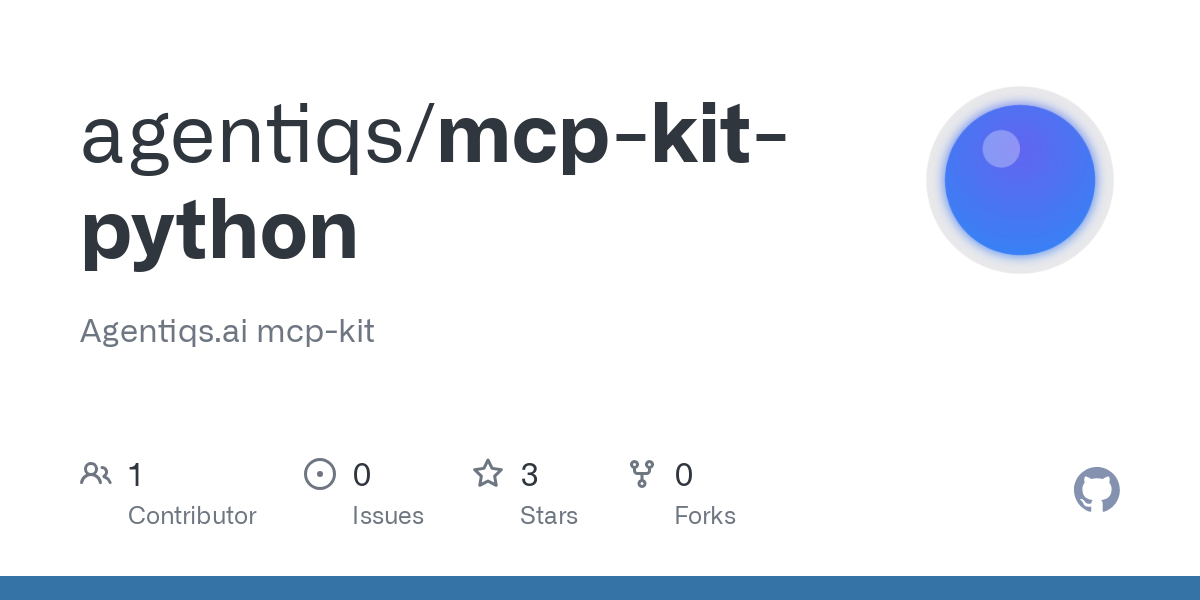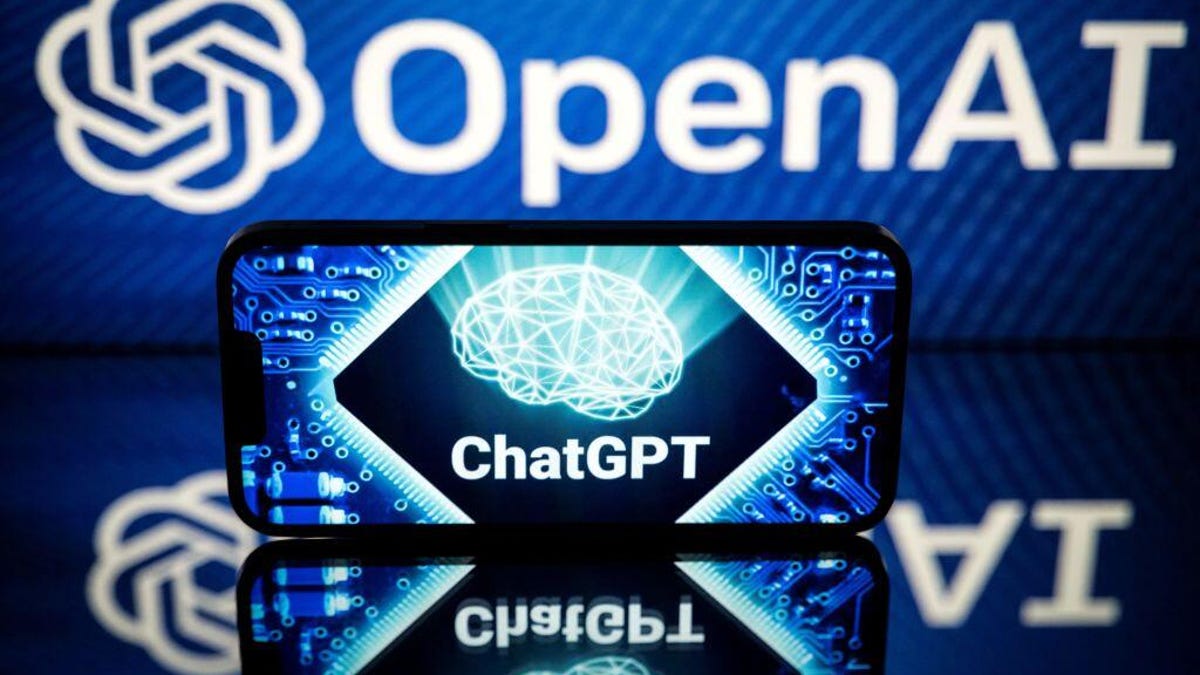Trump Mobile, launched by Donald Trump’s sons on June 16, promises a “customer-first” cellular service leveraging AI to track user patterns, enhancing performance and functionality. Their privacy policy indicates the service will collect data, including usage and location, which may be shared with third parties for personalized services. The company offers The 47 Plan for $47.45 monthly, featuring unlimited texts, data, free international calls, and 24/7 roadside assistance. Trump Mobile will operate through major U.S. carriers and plans to provide a domestically produced smartphone, the T1 Phone, priced at $499. Critics express skepticism about manufacturing feasibility and the responsible use of AI for data collection, despite the company’s commitment to transparency and fairness. Users can switch to Trump Mobile while the T1 Phone is available for pre-order, although launch dates vary between sources.
Source link
Trump Mobile to Utilize AI for User Tracking
Google Enhances Gemini 2.5 LLM Series with New Entry-Level Model and Updated Pricing
Google LLC has launched Gemini 2.5 Flash-Lite, a new large language model (LLM) that enhances prompt processing speed and cost-efficiency over its predecessor. This is part of an update to the Gemini 2.5 LLM series, which now includes the general availability of both Gemini 2.5 Flash and Gemini 2.5 Pro. The models utilize a mixture-of-experts architecture that reduces hardware usage by activating only one neural network per prompt. Gemini 2.5, trained on Google’s TPUv5p chip, supports up to one million tokens and demonstrated superior performance in internal tests against OpenAI’s models. Flash-Lite is positioned as the new entry-level model, optimized for tasks like translation and classification, with significantly lower costs—$0.1 per million input tokens compared to $10 for Gemini 2.5 Pro. Additionally, pricing for Gemini 2.5 Flash has been adjusted as part of this update, accommodating broader accessibility for developers.
Source link
Unmasking the Illusion of Safety in AI Red Teaming
Itamar Golan, CEO of Prompt Security, emphasizes the importance of AI red teaming in identifying vulnerabilities in AI applications, especially large language models (LLMs). Red teaming, which involves simulating adversarial attacks, helps organizations spot flaws such as bias and unintended behaviors. However, there’s a misconception that it alone can secure AI systems. Red teaming is primarily about identifying fixed vulnerabilities, which is insufficient due to the unpredictable nature of LLMs that can change behavior over time.
Two types of red teaming exist: model red teaming, focusing on inherent risks of the LLM, and application red teaming, assessing user interactions within deployed applications. Traditional software security doesn’t translate well to AI, necessitating runtime protection to dynamically address threats as they arise. Challenges in adopting this protection include costs, performance impacts, and unclear accountability. Ultimately, AI security must evolve to include real-time monitoring and adaptive defenses, as red teaming cannot fully mitigate ongoing risks.
Source link
Revolutionary Travel-Optimizing AI App Takes Top Prize at Spring 2025 Bluejay Tank Competition at Elmhurst University
The Spring 2025 Bluejay Tank Competition at Elmhurst University showcased innovative student projects, with a standout entry being a travel-optimizing AI app. This app aims to enhance travel efficiency by leveraging artificial intelligence to provide personalized itineraries, streamline booking systems, and suggest optimal routes based on user preferences. The competition featured multiple teams presenting their entrepreneurial ideas to a panel of judges, highlighting creativity and practicality. The winning team, praised for their comprehensive market research and technological insights, demonstrated how their app addresses common travel issues, such as time management, cost-saving, and user experience. The recognition received at Bluejay Tank not only reinforces the importance of technological solutions in the travel industry but also underscores Elmhurst University’s commitment to fostering innovation and entrepreneurship among its students. This victory opens new avenues for further development and potential commercialization of the app, aiming to revolutionize the travel experience for users worldwide.
Source link
GitHub – agentiqs/mcp-kit-python: MCP Kit by Agentiqs.ai
The MCP Kit is a versatile toolkit designed for the development and optimization of multi-agent AI systems using the Model Context Protocol (MCP). It seamlessly connects AI agents with various APIs and data sources, alleviating orchestration challenges. Key features include REST API conversion through OpenAPI, realistic mock response generation via language models, and the ability to multiplex multiple targets into a unified interface. The kit supports native integration with OpenAI and LangGraph workflows, allowing for versatile communication and testing setups.
With a configuration-driven architecture using YAML/JSON, users can easily create and manage complex workflows, environment settings, and debugging features. The advanced response generation capabilities leverage LLMs for contextually appropriate mock responses, while custom response logic is also supported. The MCP Kit provides a structured approach to developing AI systems, promoting testing and deployment efficiency across varied applications.
Source link
Enhancing Education: UH Faculty Secures Funding to Integrate AI into Course Curriculum
Fifty faculty members from the University of Hawaiʻi (UH) have received $1,000 to develop AI-enhanced course assignments, as part of an initiative by UH President Wendy Hensel aimed at integrating generative AI across disciplines. This effort emphasizes the importance of equipping students with the skills to engage with AI technologies ethically and thoughtfully. For instance, Michelle Page, a nursing instructor, created the “AI: Integrity and Reflection” assignment for Nursing 101, which encourages students to critically analyze AI responses and reflect on its ethical implications in healthcare. Similarly, Kathleen O’Dell’s Human Development and Family Studies 230 course includes the project “Build a Life: A Womb to Tomb Simulation,” where students use AI tools to craft a fictional life narrative. The initiative fosters innovative teaching strategies and aims to prepare students for success in an AI-driven job market, promoting responsible use of technology in the process.
Source link
Analyzing AMD’s AI Accelerator Predictions: Balancing Insights with Budgetary Concerns
The article discusses the difficulties of using Compound Annual Growth Rate (CAGR) to predict revenue dynamics within the AI accelerator market, especially for AMD as it navigates projections for datacenter AI compute. AMD’s CEO, Lisa Su, has refined revenue outlooks, suggesting a growth from an estimated $30 billion in 2023 to over $150 billion by 2027, later revised to around $600 billion by 2028, with a CAGR of approximately 67.5%. Key insights include a notable shift from AI training to inference, with expectations of robust growth in inference demand. The article highlights a potential misalignment with Gartner’s projections for total datacenter systems spending by 2028, forecasting AMD could significantly increase its market share and revenues from GPUs. This disparity underlines the uncertain landscape of AI investment and market dynamics as companies anticipate future technologies. Overall, it emphasizes the complexity and variability in predicting tech market trends.
Source link
Boardsort.com Unveils AI-Powered E-Scrap Identification and Grading Tool – Recycling Today
Boardsort.com has introduced an AI-powered tool for identifying and grading electronic scrap (e-scrap). This innovative solution aims to streamline the recycling process by providing more accurate assessments of materials, thereby enhancing efficiency and profitability for recyclers. The AI tool analyzes various components of e-scrap, such as circuit boards and electronic devices, helping users to determine their value based on current market conditions. By automating the grading process, Boardsort.com allows recyclers to save time and reduce human error. The launch of this tool reflects the growing trend of incorporating advanced technology into recycling practices, enabling more sustainable and effective e-scrap management. Overall, it signifies a significant step forward in improving the economic viability of e-waste recycling, aligning with broader environmental goals.
Source link
Amazon CEO Andy Jassy’s Insights on Generative AI: A Comprehensive Update
AI agents are poised to revolutionize our work and daily lives by acting as intelligent software systems that perform various tasks on behalf of users. These agents can interpret natural language commands to execute actions such as researching data, summarizing information, writing code, identifying anomalies, translating languages, and automating time-consuming tasks. With the potential for billions of these agents across diverse industries, their impact will be widespread, extending beyond professional environments to personal tasks like shopping and travel. Although many of these agents are still in development, their rapid emergence is imminent and will significantly change how we operate in both work and life.
Source link
OpenAI Enters $200M Partnership with Defense Department: What You Need to Know
The US Department of Defense has granted OpenAI a $200 million contract to develop advanced AI capabilities over the next year, focusing on enhancing administrative tasks, data management, and proactive cyber defense. This pilot program acts as the first partnership in OpenAI’s initiative to bring AI tools to government employees, aiming for secure and compliant usage. OpenAI has previously collaborated with various federal agencies and launched ChatGPT Gov for secure access to its models. Notably, the deal with defense contractor Anduril seeks to improve national defense systems. While the adoption of AI in government brings numerous possibilities, key concerns revolve around privacy and safety, especially regarding sensitive personal information. OpenAI’s policies highlight the importance of not compromising privacy or misusing data in law enforcement. The landscape remains volatile, as regulatory frameworks are still catching up with the rapid evolution of generative AI technologies.
Source link









